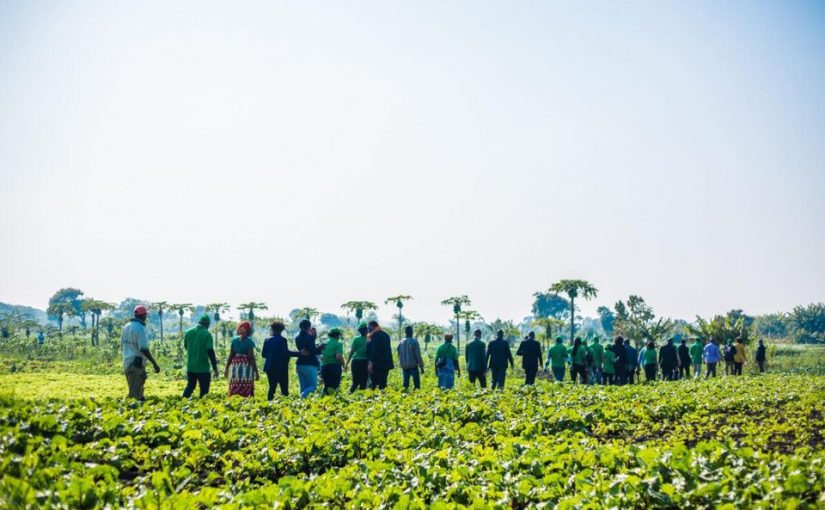Mozambique's vegetable exports up 11% in 2024 to US$167 million
Sustenta: Moza Banco and FNDS sign partnership to support agricultural sector

File photo: MADER
Moza Banco and the Ministry of Agriculture and Rural Development’s National Fund for Sustainable Development (FNDS) recently signed a protocol for a joint search for financing solutions to benefit the primary sector of the economy in a consistent and truly viable way.
In these terms, the two institutions reached an agreement to provide a fund worth approximately 1.2 billion meticais as part of the ‘Sustenta’ project,
This fund includes a credit line designed to support the agro-business sector, coupled with a non-reimbursable grant component, translating into a contribution of funds to strengthen equity in business units.
At the signing ceremony, João Figueiredo, Chairman of the Board of Directors of Moza Banco, highlighted the initiative’s importance in the real economy, “insofar as, with the collaboration of MADER through the FNDS, it will be possible to establish a healthy balance between the involvement of equity and bank financing to the beneficiaries of this financing”.
“It is important to underline the effort of the State, whether in raising funds from other partners, such as the World Bank, or through the State Budget, making it possible for this financing to be granted at a subsidised rate, well below market rates, in line with the expectations of the sector,” he added.
“Less than 1% of agricultural producers in Mozambique have access to bank credit,” chairman of the FNDS board of directors Cláudio Borges responded. To address this, “We believe it is necessary to create financial products designed taking into account the different players in an agricultural value chain. One of these products is available to the market through this partnership with MOZA, with space in the near future for other commercial banks to participate. Through this partnership, which will ensure transparency and observance of compliance rules, it was possible to create a credit line with conditions that we consider suitable for the agribusiness segment, which will allow for greater integration and development of agrarian value chains.”













Leave a Reply
Be the First to Comment!
You must be logged in to post a comment.
You must be logged in to post a comment.